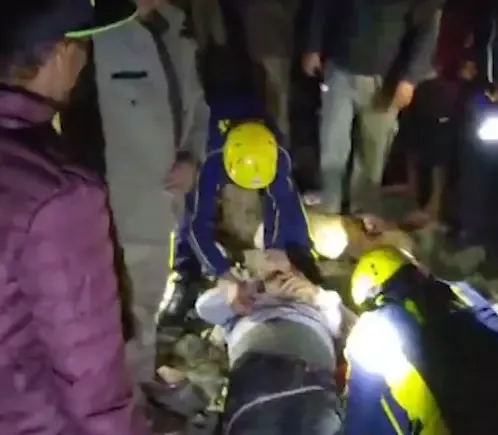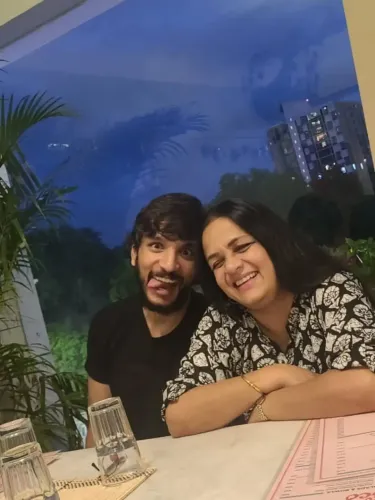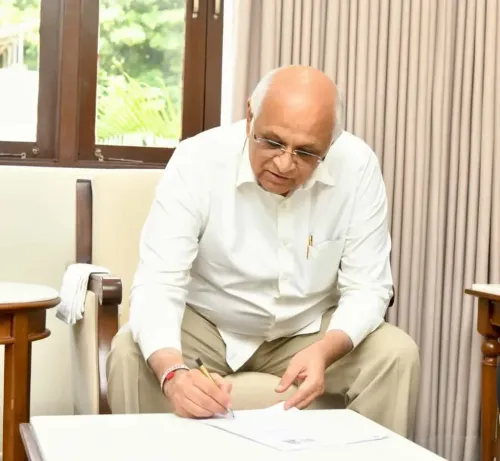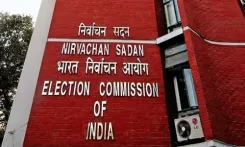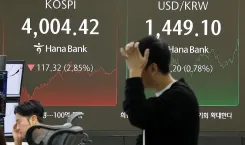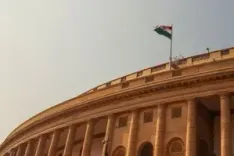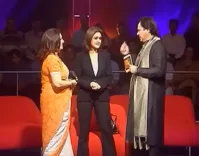Should the SC bar body call for suo motu action against ED summons to a senior advocate over legal opinion?
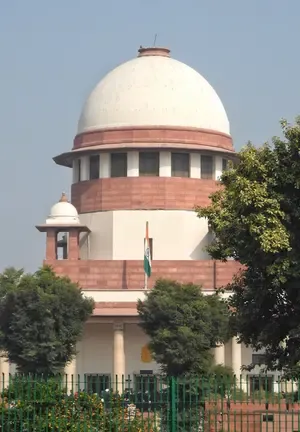
Synopsis
Key Takeaways
- SCAORA has called for suo motu action by the Supreme Court.
- The ED's summons raises concerns about legal privilege.
- Impacts the independence of the legal profession.
- Requires examination of lawyer-client privilege.
- Calls for guidelines to protect advocates from coercive actions.
New Delhi, June 20 (NationPress) The Supreme Court Advocates-on-Record Association (SCAORA) called upon Chief Justice of India (CJI) B.R. Gavai to take suo motu notice of the summons directed towards a senior advocate by the Enforcement Directorate (ED) regarding a legal opinion provided to a client.
In a communication sent to CJI Gavai, SCAORA President Vipin Nair indicated that the seriousness of the situation and its far-reaching implications for the integrity of the legal framework necessitate immediate suo motu attention from the apex court.
On Thursday, senior advocate Pratap Venugopal was summoned by the ED under the Prevention of Money Laundering Act, 2002, related to an inquiry into the Employee Stock Option Plan (ESOP) issued by M/s Care Health Insurance Ltd. to the former chairperson of Religare Enterprises.
“The actions taken by the ED, in our opinion, constitute an unacceptable violation of the sacred lawyer-client privilege, posing a significant risk to the independence and fearless operation of legal practitioners,” stated the letter.
It further noted that such unjustified and coercive actions against senior Bar members for performing their professional responsibilities set a perilous precedent, potentially causing a chilling effect within the legal fraternity.
“The position of an advocate in providing legal counsel is both privileged and safeguarded. Interference by investigative bodies into this relationship, without reasonable grounds and against established legal principles, undermines the rule of law and may discourage advocates from offering sincere, independent opinions in their professional duties,” the letter continued.
The bar organization urged the Supreme Court to scrutinize the legality and appropriateness of such summons issued to legal experts for opinions provided in good faith. It requested the highest court to uphold the constitutional and professional protections afforded to advocates and to establish appropriate guidelines to prevent further degradation of lawyer-client privilege.
“As officers of the Court, we are confident that the esteemed Supreme Court will decisively act to safeguard the autonomy of the Bar, the honor of the legal profession, and prevent any misuse of executive power that threatens its independence,” asserted the lawyers' association.
A similar summons was previously issued by the ED to senior advocate Arvind Datar but was later rescinded by the federal anti-money laundering agency.

